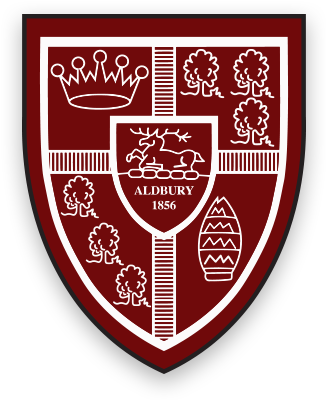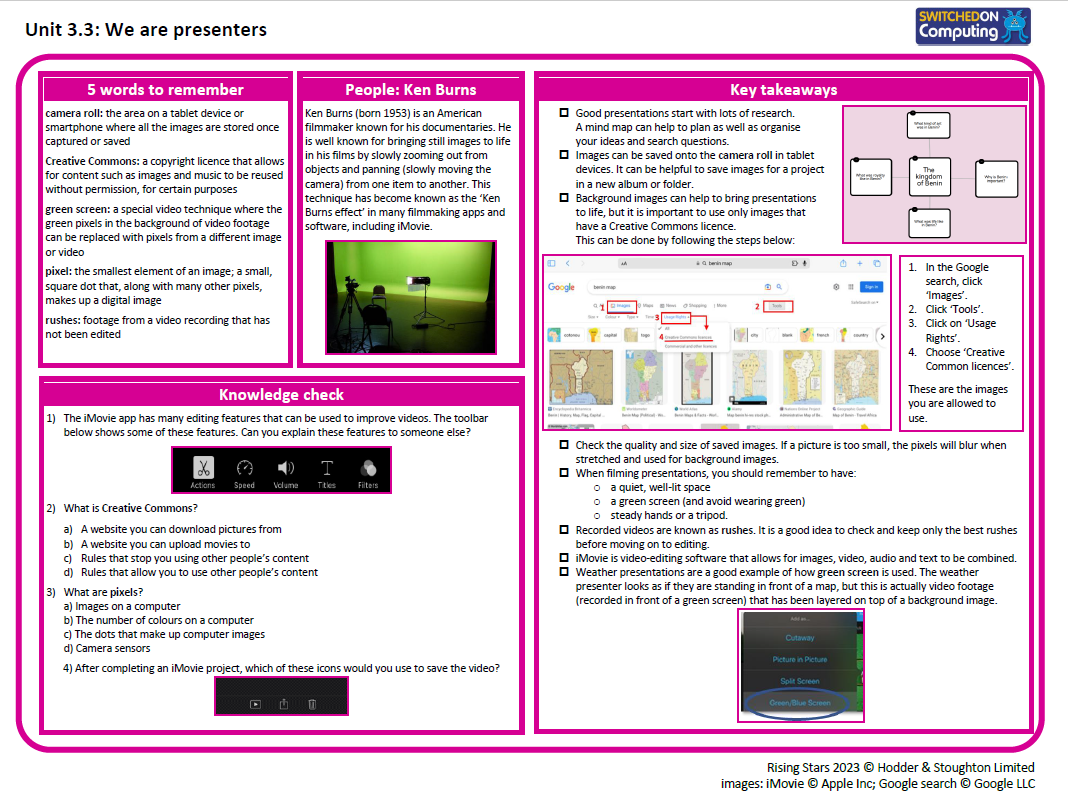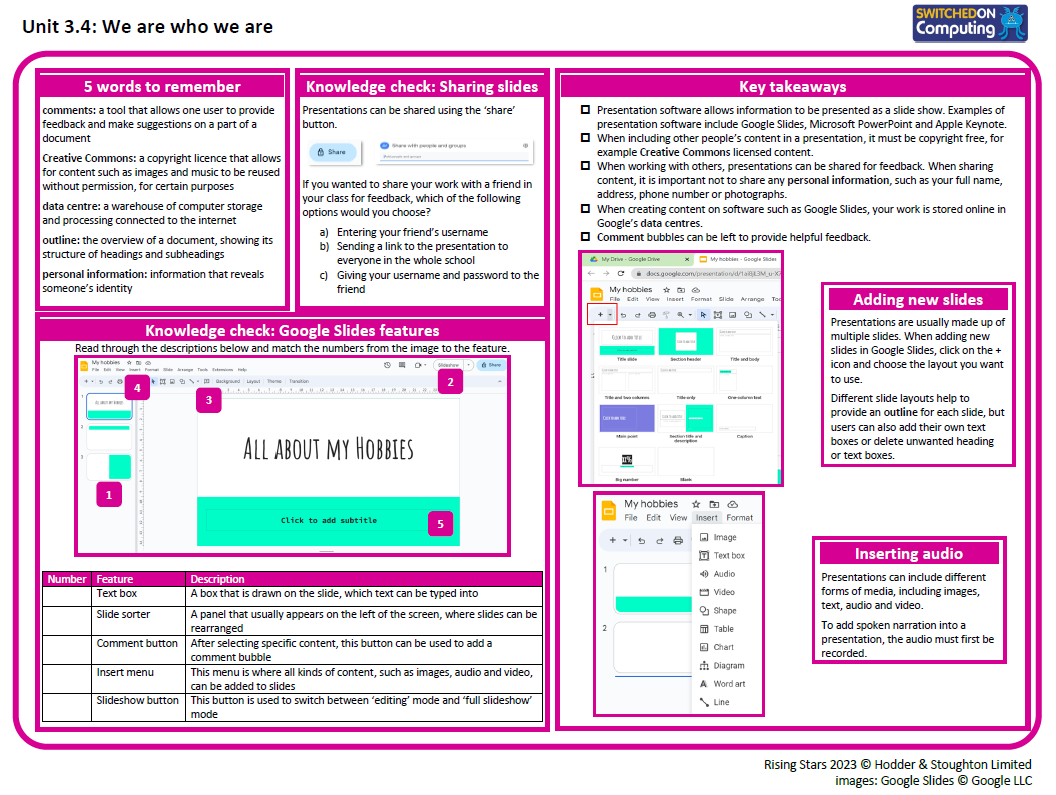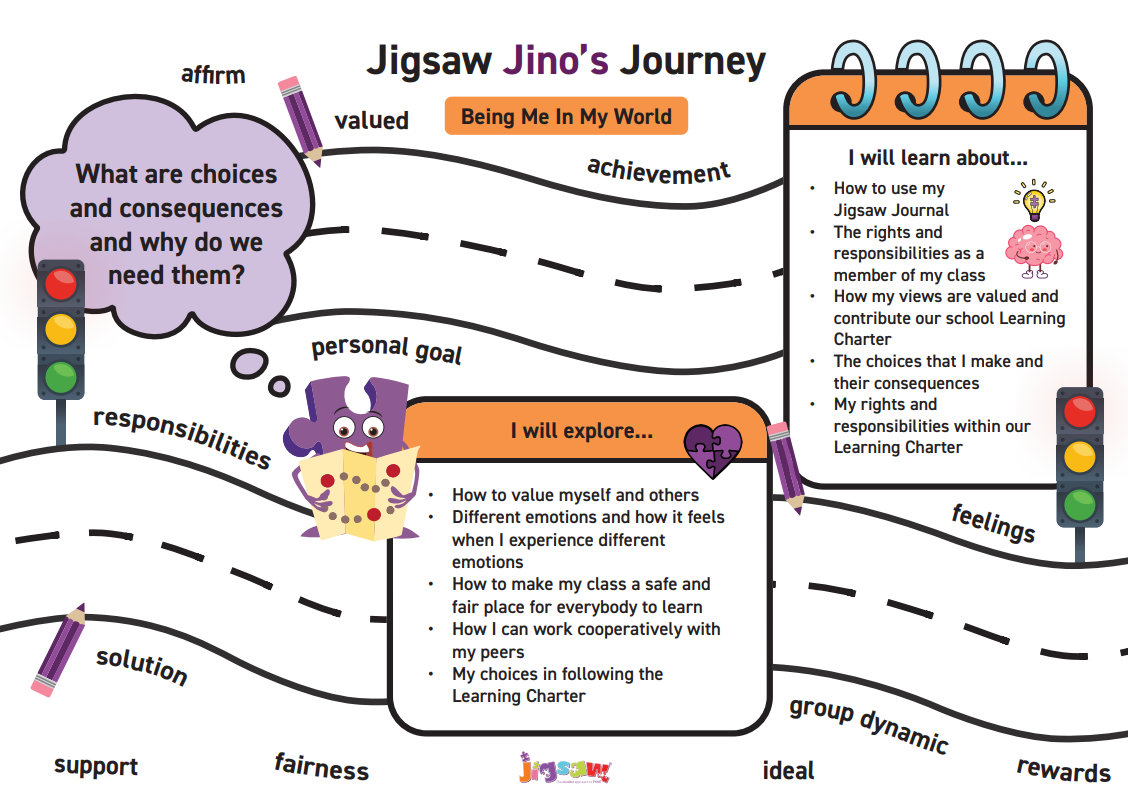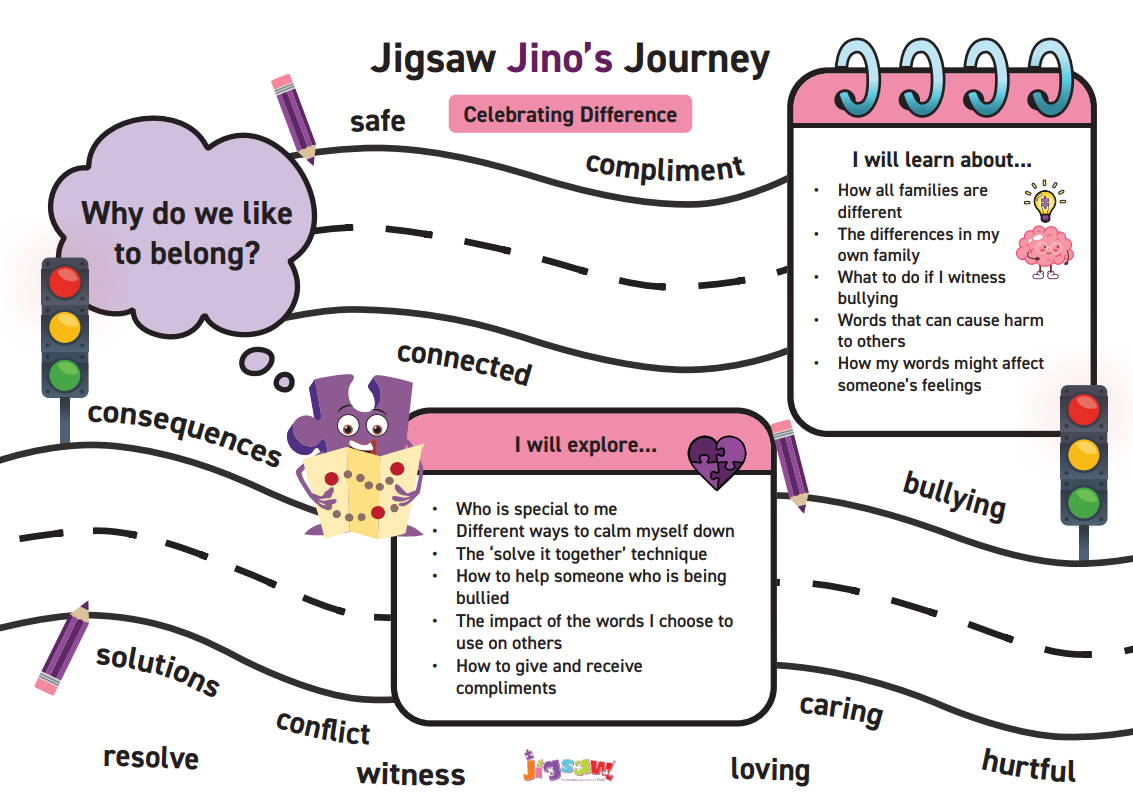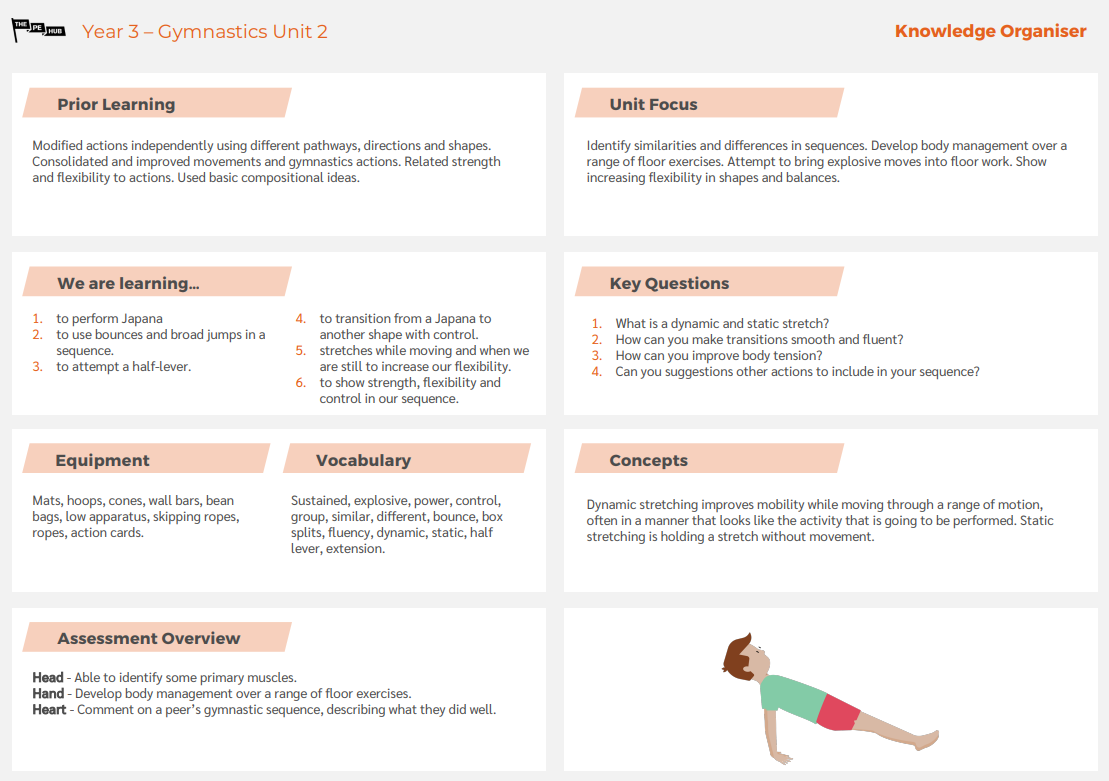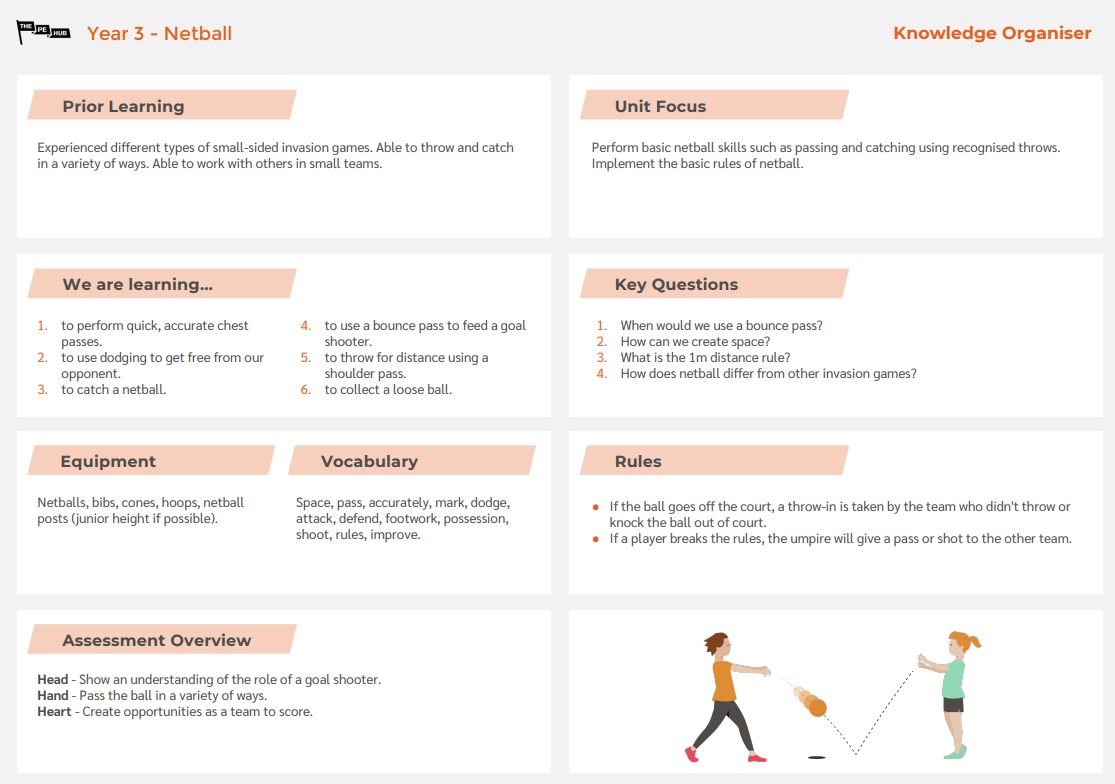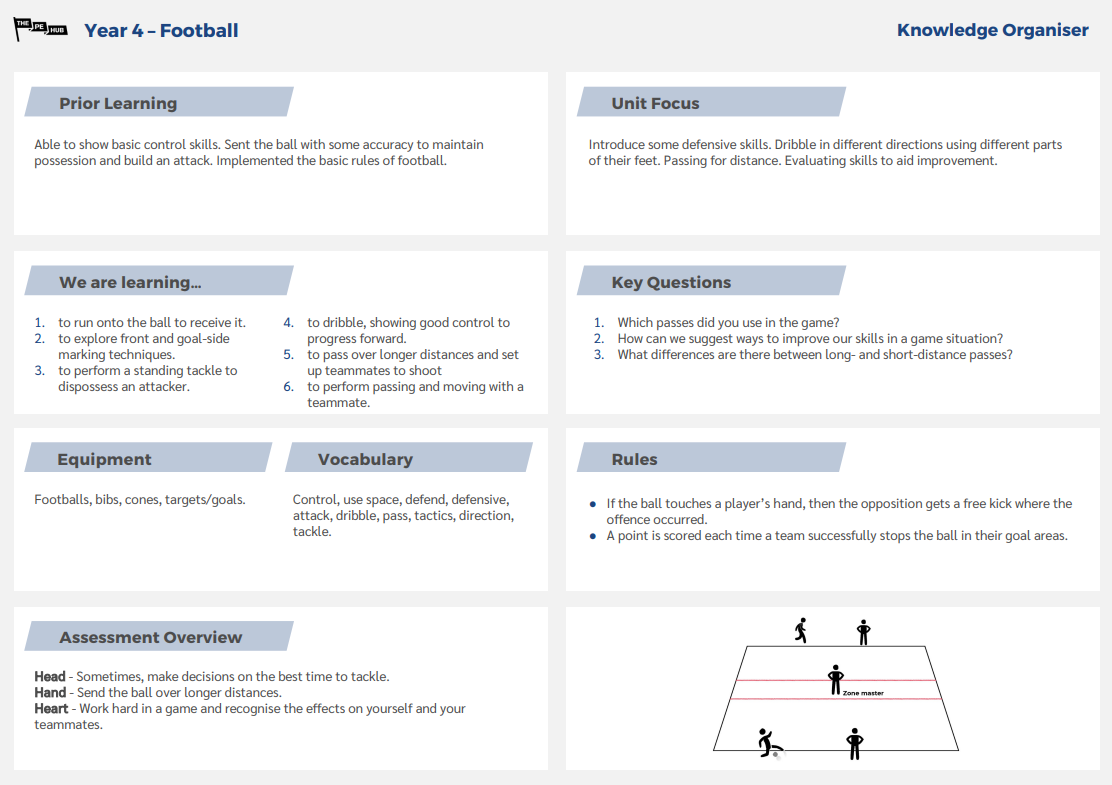Autumn Term 2025
English - Writing
Class 3 begin the year with a short unit focused on mastering full stops, ensuring all children are secure in writing complete sentences. This foundation helps them move confidently into their main writing units.
The first longer unit uses Tar Beach by Faith Ringgold. Children explore the theme of freedom, creating their own poems and performing them with rhythm and repetition. They then develop script-writing skills, learning to write dialogue, stage directions and narratives in present tense. This culminates in groups performing extracts from their own scripts, inspired by the story’s themes of dreams and equality.
Next, the class will enjoy The First Drawing by Mordicai Gerstein, linking to the history of the Stone Age. Children will write diaries, speech and character descriptions before creating their own historical narratives. This unit brings together creativity and history, inspiring pupils to see themselves as storytellers and artists.
After half term, Class 3 will study The Tin Forest by Helen Ward, a beautiful text with strong environmental themes. Children will write diary entries and postcards in role as the old man, before producing persuasive writing encouraging others to protect the local environment. The unit links closely with science and geography, inspiring children to consider conservation and hope for change.
Finally, the term ends with Until I Met Dudley by Roger McGough and Chris Riddell. Children will invent fun explanations for how everyday objects work before researching the real science and writing accurate explanation texts. This creative and humorous unit links strongly to design technology, inspiring inventive thinking.
Computing
We start the year with the unit: 'We are presenters', children learn to create video presentations using green screen technology. They will develop web-based research skills to structure, prepare, and deliver talks on various curriculum topics. Using Popplet and iMovie, pupils will research topics, find images, record themselves against a green screen, and edit presentations to combine live video with static backgrounds. They will also provide and receive feedback on their recorded presentations.
After half term our topic is 'We are who we are', children will create structured and narrated presentations about themselves. They will use software like Google Slides to explore early memories, hobbies, and interests, linking with PSHE. Children will also consider issues of trust and privacy when sharing information. This unit builds on previous presentation and research skills from before half term.
Maths
In Class 3 this term, children in Years 3 and 4 will be following the White Rose Maths scheme to build strong foundations and confidence across key areas of mathematics.
We begin with place value, where children will learn to read, write, and order increasingly large numbers. Year 3 will focus on numbers up to 1,000, recognising the importance of hundreds, tens, and ones. Year 4 will extend this to numbers up to 10,000, developing a secure understanding of rounding, comparing, and using number lines to support fluency.
The children will then move on to addition and subtraction, using formal written methods as well as mental strategies. Year 3 will consolidate methods for adding and subtracting two- and three-digit numbers, while Year 4 will apply these skills to four-digit numbers. Across both year groups, there will be a strong focus on problem-solving and explaining reasoning.
In the second half of the term, we will explore multiplication and division. Year 3 pupils will build their knowledge of the 3, 4, and 8 times tables, while Year 4 will deepen fluency across all multiplication tables up to 12 × 12, applying them to more complex problems. Children will also develop written and mental strategies for solving multiplication and division questions.
Finally, we will study area. Year 3 will learn to count squares to measure area, while Year 4 will progress to calculating the area of rectilinear shapes.
Practical activities, reasoning challenges, and problem-solving tasks will be woven throughout to make learning engaging and purposeful.
Music
We start the year with This little light of mine, an expressive call-and-response Gospel song based on a pentatonic scale. The origin of the song is not 100% clear – some believe that it was written in the 1920s as a song for children by Harry Dixon Loes, but he never claimed the credit for it. Some believe the lyrics are taken from one of Jesus’s speeches to his followers in the Bible. The song has links with the civil rights movement in the United States and became an anthem in the 1950s and 1960s. Famous versions have been recorded by many artists including Sister Rosetta Tharpe, Ray Charles, The Everly Brothers, and The Seekers.
Most children will be able to:
- Improvise with the voice on the notes of the pentatonic scale D-E-G-A-B (and B flat if you have one).
- Sing in a Gospel style with expression and dynamics.
- Sing Part 1 of a partner song rhythmically.
- Play a bass part and rhythm ostinato along with This little light of mine.
- Listen and move in time to songs in a Gospel style.
After half term, we will be learning a fun, rhythmic song about football-playing animals in the style of a football chant, My fantasy football team provides inspiration for recognising, playing from, and composing with crotchets, quavers, and minims. There are opportunities for movement, improvisation, and group performance.
Most children will be able to:
- Sing a stepping melody accurately and with clear articulation and diction.
- Move to music, marking the pulse with action durations: ‘walk’ (crotchets), ‘jogging’ (quavers), ‘stride’ (minims), ‘skipty’ (dotted quaver/semiquaver) and ‘shh’ (crotchet rest).
- Identify, play from, and combine rhythm patterns to make a sequence using crotchets, quavers, dotted quaver/semiquaver, minims, and crotchet rest.
- Perform a whole-class ‘rondo’ made up of playing and singing.
Phonics
Accordion content
PSHE - Personal, Social and Health Education
This half term, Class 3 will be learning about how to make everyone feel welcome, safe, and valued in our school community. They will explore how kindness and empathy help new pupils feel included, especially when they are nervous or different in some way. Children will learn about the importance of the Learning Charter, which sets out shared rules to help everyone learn and play respectfully together. Through discussion and role-play, they will reflect on how their actions can help others feel a sense of belonging and how being responsible supports a positive and inclusive classroom environment.
After half term, Class 3 will be learning about friendships, jealousy, and how to manage conflict respectfully. They will explore how unkind behaviour, such as spreading rumours or indirect bullying, can affect others and how to support someone who feels worried or excluded. Through role-play and discussion, children will learn how to ask for help and use strategies like Solve It Together to resolve problems. The unit also encourages empathy and fairness, helping children understand why discrimination and racism are wrong and how to create a classroom where everyone feels safe, respected, and valued for who they are.
PE - Physical Education
In the first half term, Class 3 will develop physical skills through gymnastics and striking games. In gymnastics, they will improve flexibility, strength, and control by performing sequences including jumps, balances, and stretches. They will learn dynamic and static stretching and how to transition smoothly between movements. In striking games, children will practise hitting, throwing, and bowling using various equipment. They will learn to score points by running to targets and apply tactics to field and defend. Both units encourage teamwork, decision-making, and sportsmanship, helping children build confidence, coordination, and an understanding of movement and game strategies.
After half term, the children will develop key football skills including dribbling with control, passing over short and long distances, and performing tackles to regain possession. They will learn to mark opponents, make decisions about when to defend or attack, and work collaboratively to build successful plays. The unit also introduces tactical thinking and encourages children to evaluate their own and others’ performance to improve. Year 3 will also benefit from specialist hockey coaching delivered by Game On sports coaches, focusing on ball control, passing, and teamwork. Additionally, Year 4 will take part in Forest School, exploring nature through hands-on outdoor learning.
RE - Religious Education
Children will explore key Christian beliefs through the themes of Creation and Incarnation. Before half term, they will learn what Christians believe about the Creation Story and how it teaches care for the world, responsibility, and the idea of God as creator. After half term, children will explore the concept of the Trinity—God as Father, Son, and Holy Spirit—and how this belief helps Christians understand the nature of God. Through stories, discussion, and reflection, children will deepen their understanding of Christian faith and how beliefs influence actions, worship, and celebrations such as Christmas.
Science
To start the year children will explore how the human body works, focusing on nutrition, skeletons, muscles, digestion, and teeth. They will learn about the importance of a balanced diet and how different food groups support health. The unit covers how skeletons protect, support, and enable movement, and how muscles work in pairs. Children will investigate the digestive system and the role of each organ, as well as the function and types of teeth. They will also compare human and animal skeletons and teeth, and learn how to care for their own bodies through healthy choices and hygiene.
Animals including humans knowledge organiser
